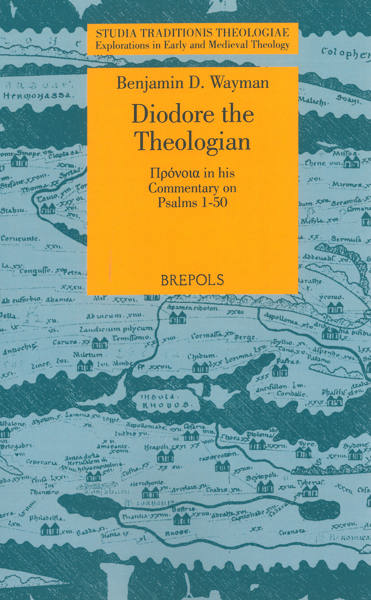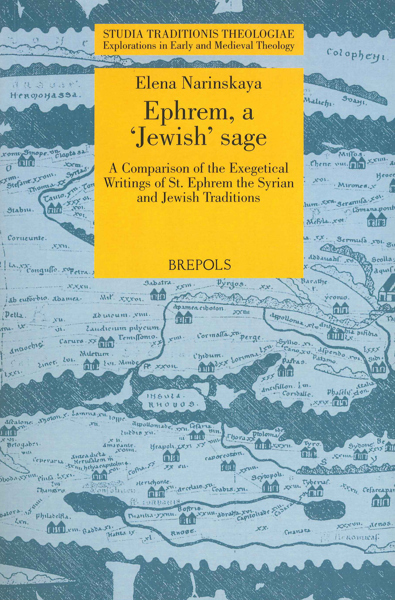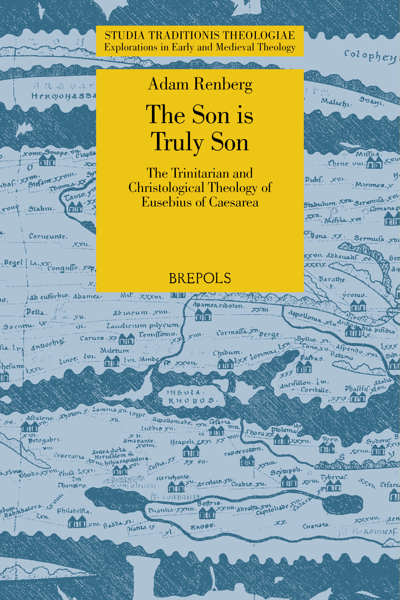
Ephrem, a 'Jewish' Sage
A Comparison of the Exegetical Writings of St. Ephrem the Syrian and Jewish Traditions
Elena Narinskaya
- Pages: xix + 357 p.
- Size:156 x 234 mm
- Language(s):English
- Publication Year:2010
- € 70,00 EXCL. VAT RETAIL PRICE
- ISBN: 978-2-503-53432-9
- Paperback
- Available
- € 70,00 EXCL. VAT RETAIL PRICE
- ISBN: 978-2-503-55957-5
- E-book
- Available
"Ce fut un plaisir pour moi de lire le livre d'Elena Narinskaya sur Éphrem comme un sage « juif ». [...] En fait, [ce volume] présente un état de la question remarquable, nous montre un autre visage d'Éphrem contraire à celui que présentait la plupart des auteurs qu'on pourrait appeler anti-Éphremiens." (P. Paul Féghali, dans Parole de l'Orient 36, 2011, p. 585-586)
This book seeks to reconsider the commonly held view that some of Ephrem’s writings are anti-Semitic, and that his relationship with Judaism is polemical and controversial. The outcome of the research highlights several key issues. First, it indicates that the whole emphasis of Ephrem’s critical remarks about Jews and Judaism is directed towards Christian conduct, and not towards Jews; and second, it considers Ephrem’s negative remarks towards Jews strictly within the context of his awareness of the need for a more clearly defined identity for the Syriac Church.
Furthermore, this book examines discernible parallels between Ephrem’s commentaries on Scripture and Jewish sources. Such an exercise contributes to a general portrait of Ephrem within the context of his Semitic background. And in addition, the book offers an alternative reading of Ephrem’s exegetical writings, suggesting that Ephrem was aiming to include Jews together with Christians among his target audience. Further analysis of Ephrem’s biblical commentaries suggests that his exegetical style resembles in many respects approaches to Scripture familiar to us from the writings of Jewish scholars.
A comparison of Ephrem’s writings with Jewish sources represents a legitimate exercise, considering ideas that Ephrem emphasises, exegetical techniques that he uses, and his great appreciation of ‘the People’ – the Jews as a chosen nation and the people of God – an appreciation which becomes apparent from Ephrem’s presentation of them. The process of reading Ephrem’s exegetical writings in parallel with Jewish sources strongly identifies him as an heir of Jewish exegetical tradition who is comfortably and thoroughly grounded in it. This reading identifies Ephrem on a theological, exegetical and methodological level as a Christian writer demonstrating the qualities and features of a Jewish sage.
The author has been awarded a PhD at Durham University (Department of Theology and Religion). In her research she works with a variety of methodologies including historical and literary criticism, and philosophical techniques.




